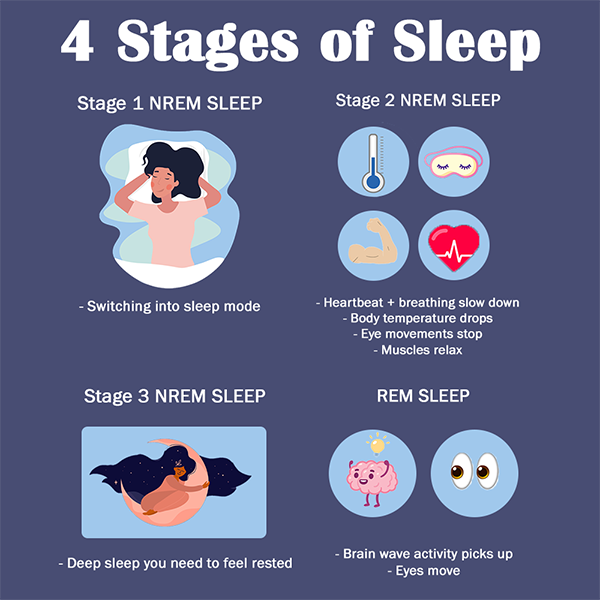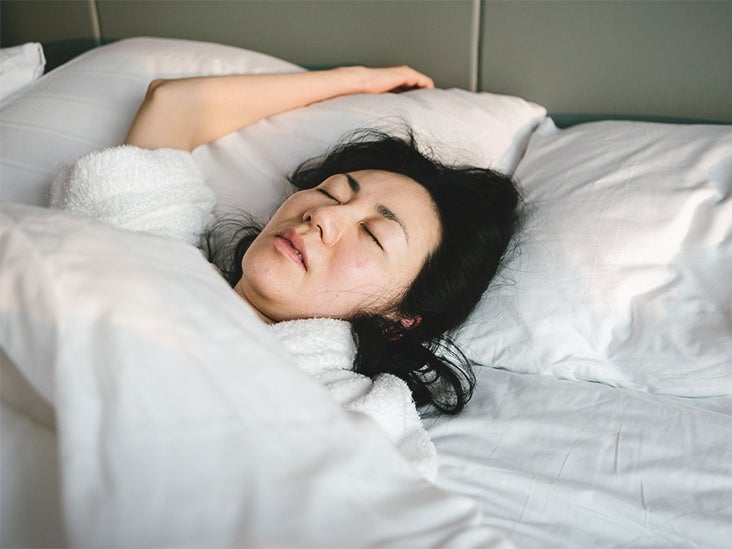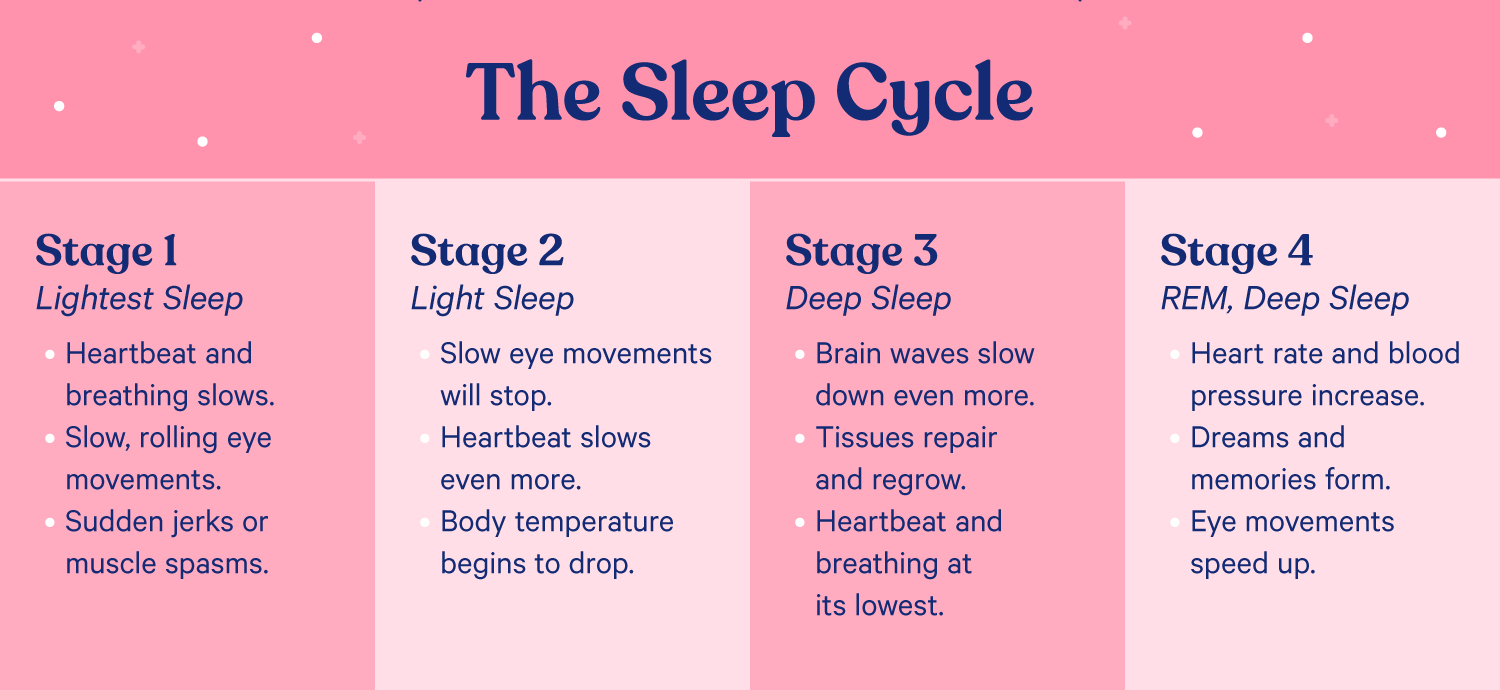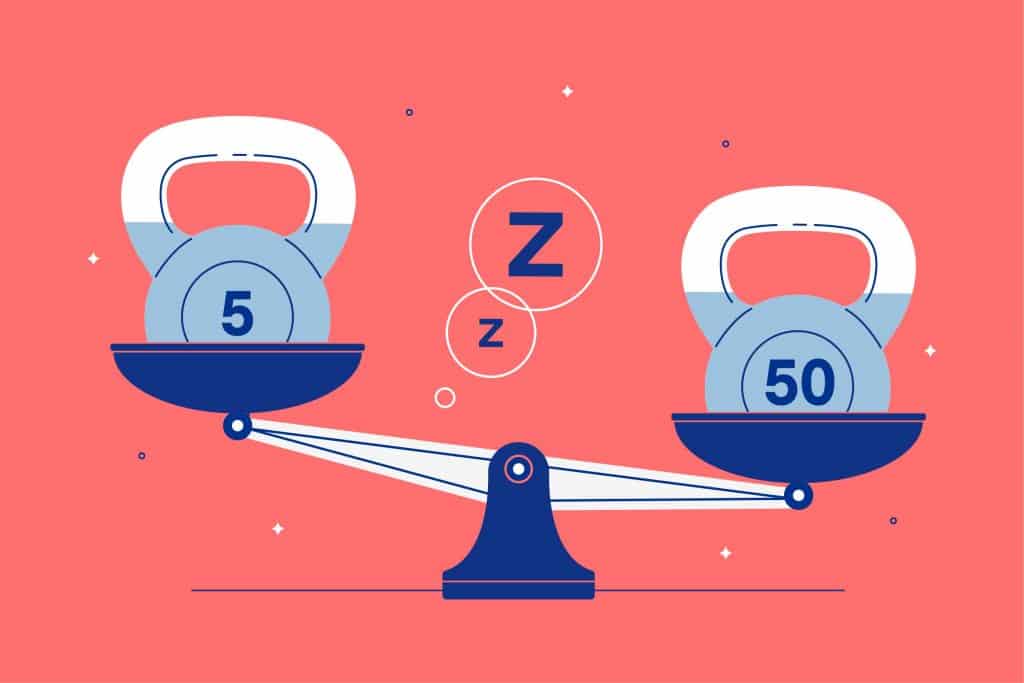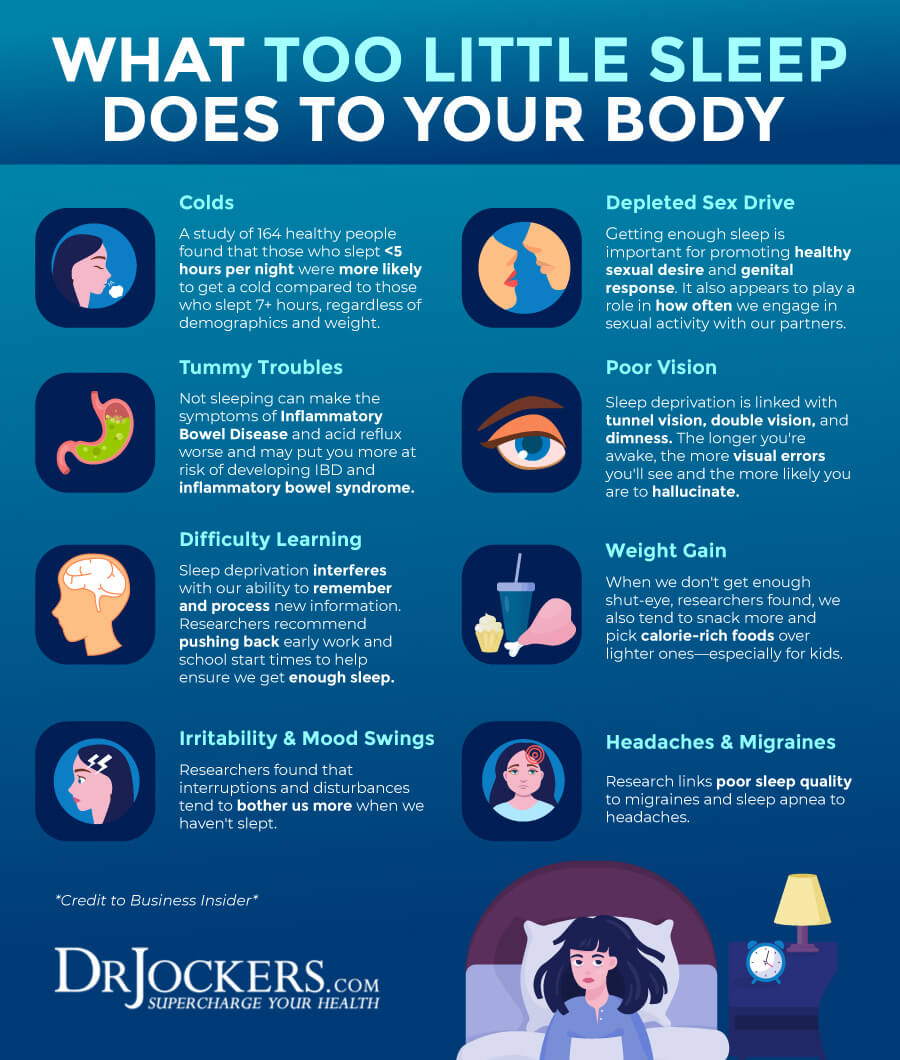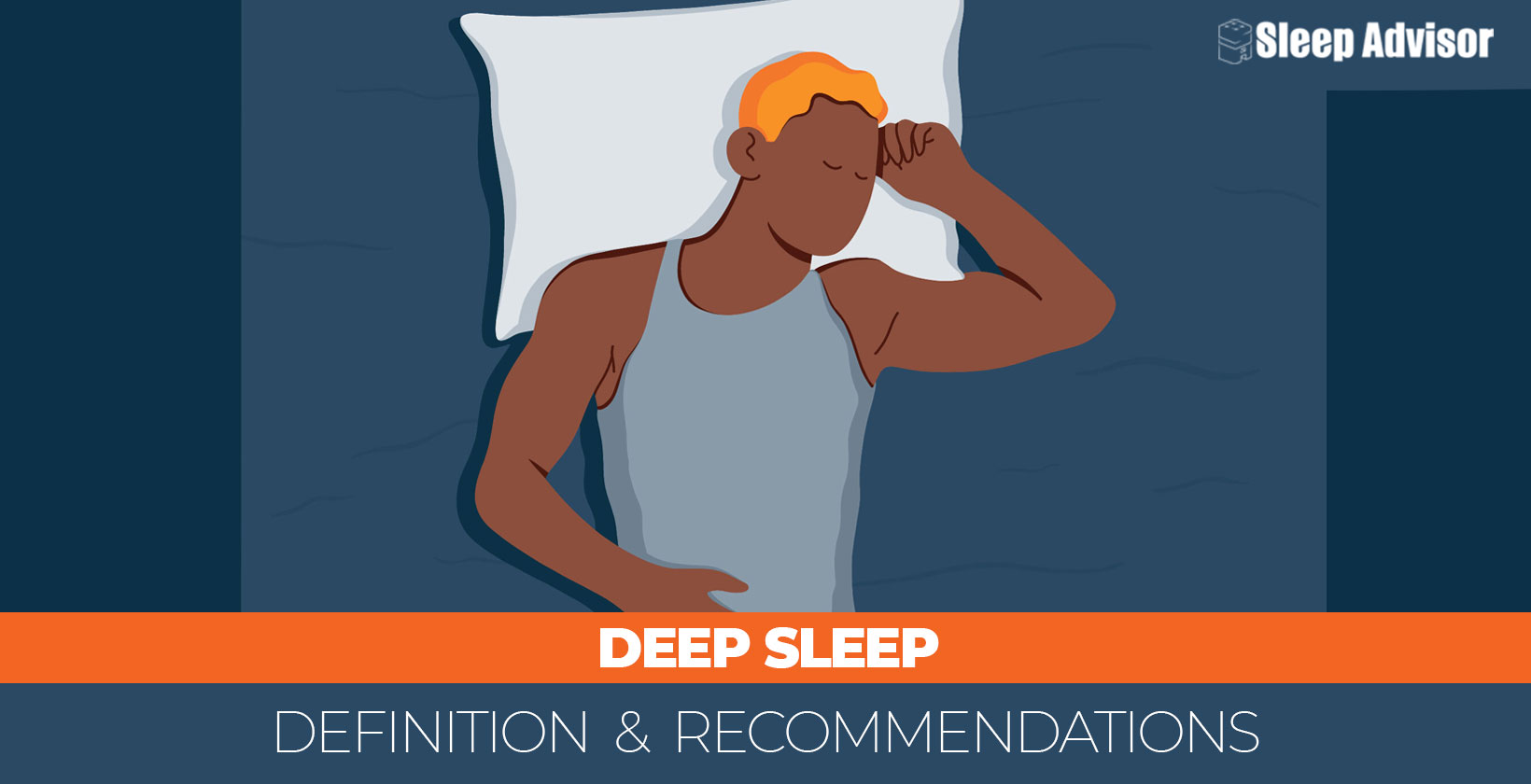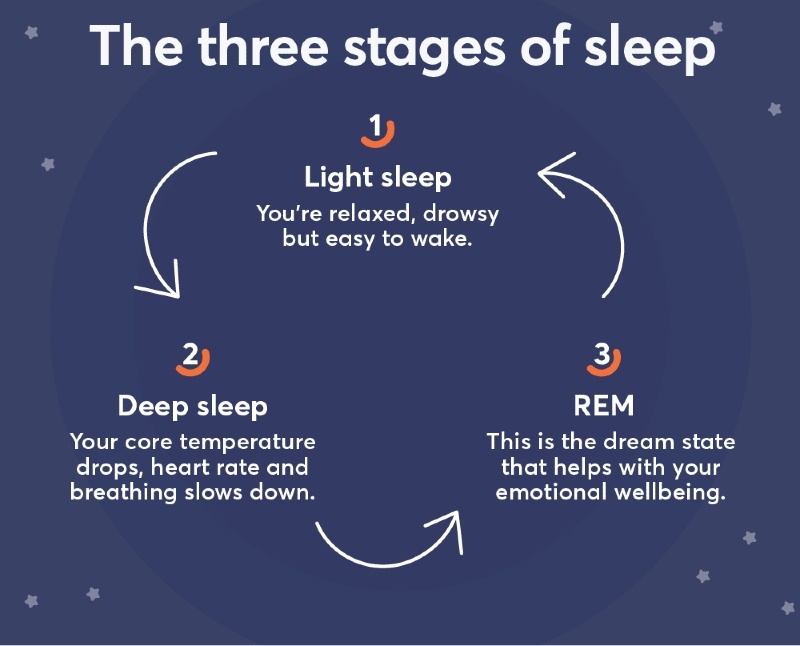How To Become A Deep Sleeper

In a world increasingly plagued by sleep deprivation, the quest for a good night's rest has become a central focus for many. But beyond simply getting enough hours, achieving deep sleep, the most restorative stage of sleep, is what truly rejuvenates the body and mind. Experts are now offering guidance on how to cultivate habits that promote this essential sleep phase.
This article delves into the science-backed strategies individuals can implement to increase the duration and quality of their deep sleep. The goal is to empower readers with actionable steps for enhancing their sleep and overall well-being.
Understanding Deep Sleep
Deep sleep, also known as slow-wave sleep (SWS) or stage N3 sleep, is the deepest and most restorative stage of non-rapid eye movement (NREM) sleep.
During this phase, brain waves slow down significantly, and the body repairs tissues, builds bone and muscle, and strengthens the immune system.
According to the National Sleep Foundation, deep sleep is crucial for physical recovery, memory consolidation, and hormone regulation.
The Importance of Sleep Hygiene
Establishing good sleep hygiene is the bedrock of achieving deep sleep. Sleep hygiene encompasses a range of practices and habits that optimize sleep quality.
This includes maintaining a consistent sleep schedule, even on weekends, to regulate the body's natural circadian rhythm. A disrupted circadian rhythm can wreak havoc on sleep architecture, reducing the time spent in deep sleep.
Furthermore, creating a relaxing bedtime routine can signal to the body that it's time to wind down. This could involve taking a warm bath, reading a book, or practicing gentle stretching.
Optimizing Your Sleep Environment
The environment in which you sleep significantly impacts the quality of your rest.
Experts recommend creating a sleep sanctuary that is cool, dark, and quiet. Using blackout curtains, earplugs, or a white noise machine can help minimize disruptions.
Maintaining a comfortable room temperature, generally between 60 and 67 degrees Fahrenheit (15.5 to 19.4 degrees Celsius), is also crucial for promoting deep sleep.
Diet and Exercise Considerations
What you eat and how you exercise can both positively and negatively affect your sleep.
Regular physical activity is beneficial for sleep, but avoid intense workouts close to bedtime. Dr. Michael Grandner, director of the Sleep and Health Research Program at the University of Arizona, suggests finishing exercise at least three hours before sleep.
Dietary choices also play a role; avoid caffeine and alcohol before bed, as these substances can interfere with sleep cycles. Eating a heavy meal too close to bedtime can also disrupt sleep.
Managing Stress and Anxiety
Stress and anxiety are major culprits in sleep disturbances.
Practicing relaxation techniques such as meditation, deep breathing exercises, or progressive muscle relaxation can help calm the mind and prepare the body for sleep. These practices help to lower cortisol levels, which are often elevated during periods of stress.
For individuals struggling with chronic stress or anxiety, seeking professional help from a therapist or counselor may be necessary to address underlying issues that are impacting sleep.
The Role of Technology
While technology offers many conveniences, it can also be a major sleep disruptor. The blue light emitted from electronic devices like smartphones, tablets, and computers can suppress the production of melatonin, a hormone that regulates sleep.
Harvard Medical School recommends avoiding screen time for at least one to two hours before bed. If using devices is unavoidable, consider using blue light filters or apps that reduce blue light emissions.
Furthermore, the constant notifications and stimulation from technology can keep the mind alert and make it difficult to fall asleep.
When to Seek Professional Help
If lifestyle changes and sleep hygiene practices are not effective in improving deep sleep, it may be necessary to consult a sleep specialist.
Conditions like sleep apnea, restless legs syndrome, and insomnia can significantly disrupt sleep architecture and require medical intervention. A sleep study, also known as polysomnography, can help diagnose these conditions.
The American Academy of Sleep Medicine provides resources for finding accredited sleep centers and qualified sleep specialists.
Tracking Your Sleep
Monitoring sleep patterns can be helpful in understanding personal sleep needs and identifying areas for improvement. Sleep trackers, available as wearable devices or smartphone apps, can provide data on sleep duration, sleep stages, and heart rate variability.
While these devices can offer valuable insights, it's important to interpret the data with caution and consult a healthcare professional for accurate diagnoses.
Using this information and making gradual adjustments can lead to significant improvements in the quality and quantity of deep sleep over time.
Achieving deep sleep is not an overnight process, but rather a journey of cultivating healthy habits and prioritizing sleep. By implementing the strategies outlined above, individuals can increase their chances of experiencing the restorative benefits of deep sleep, leading to improved physical and mental well-being.





